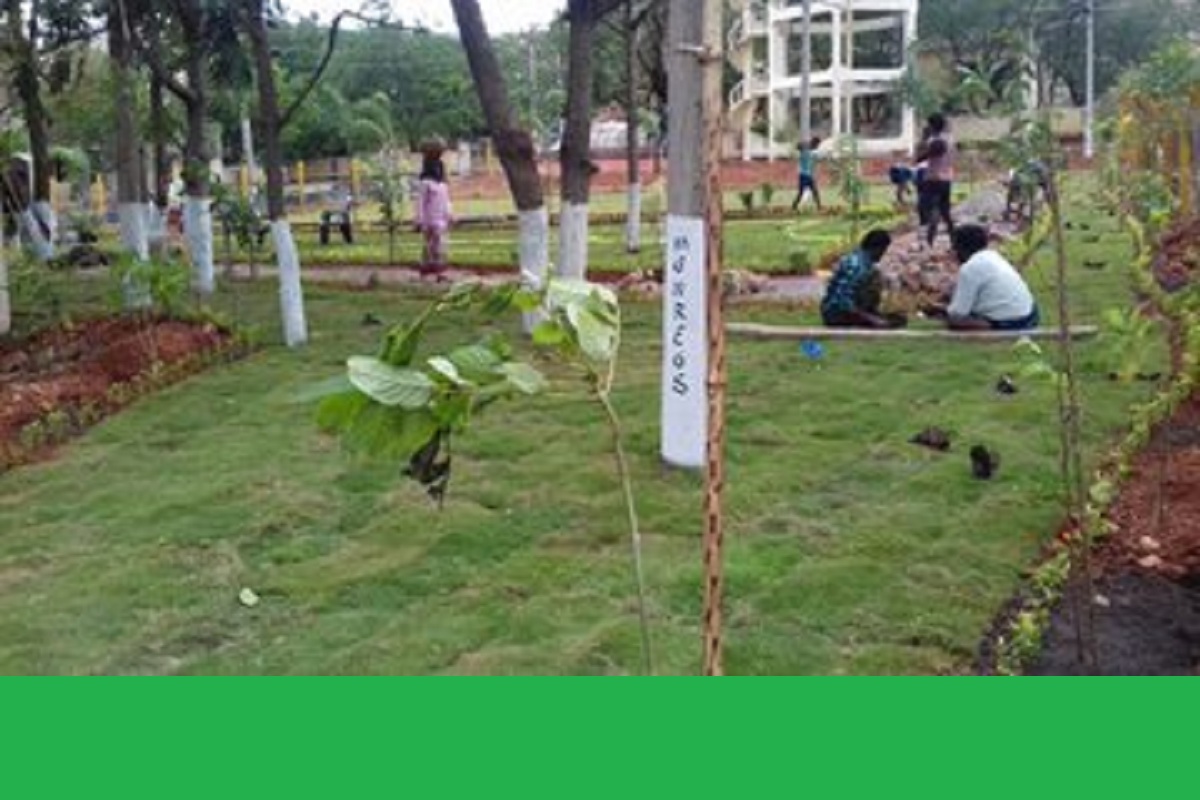In the backdrop of an all out effort to tackle the COVID- 19 amidst the lockdown even as a seemingly endless line of migrant workers trudge to their villages in the state, the state rural development department has contended that the Centre should increase the number of mandays under Mahatma Gandhi National Rural Employment Guarantee scheme to ensure employment for them.
Many of these labourers would be completely dependent on the MNREGA scheme for their livelihood, in the days to come, sources in the department said.
“West Bengal has been the number one state for the last four years in terms of allotting jobs and utilising funds under the MGNREGA scheme, and as such this year, we have been allotted 27 cr man-days. In order to accommodate more people, the number of man-days allotted to us has to be increased,” state panchayat minister Subrata Mukherjee said.
“The state government is trying its best to ensure that these labourers find work in West Bengal and to accommodate more people, the number of mandays allotted to us need to be increased,” he added. Influx of workers from the state to Kerala, Maharashtra and Delhi in the past two decades was triggered by industries and tea gardens shutting down and cyclone Aila devastating large parts of deltaic south Bengal.
A reversed march of workers, many of them now staring at an uncertain future has come about following the onset of the COVID-19 pandemic. Increasing MGNREGA man-days would be a simplistic solution to this situation, CITU state president and former state labour minister Anadi Sahoo said. It is to be kept in mind that these labourers do not have requisite skills to work in agricultural fields, he pointed out.
“Just increasing man-days won’t solve the problem, because the 100-day work scheme is aimed at generating rural employment, mainly in the agricultural and irrigation sector where these workers do not fit in for not hanving the requisite skills for it,” the CITU leader said. The state and the central governments have to work together to bring in new projects where these labourers could be employed,” he felt.











